Tea Rinses For Hair – Types, Benefits, And Side Effects
Enjoy the goodness of nourishing and cleansing rinses to make your hair shiny and healthy.
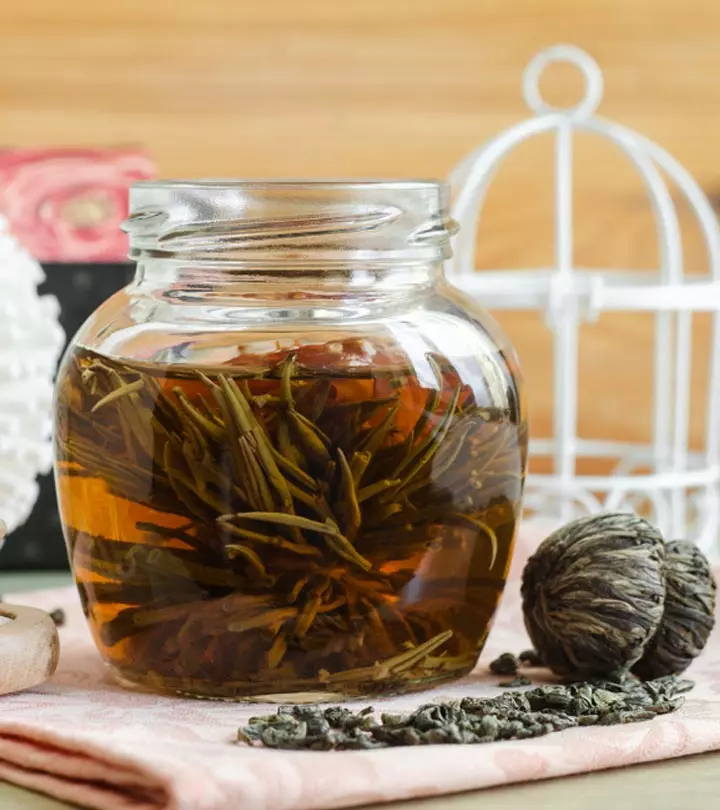
Image: Shutterstock
Herbs provide amazing benefits to hair, and tea is one of those beneficial herbs. If you plan to use tea to rinse your hair, go through this article first. Anecdotal evidence reveals that tea rinse can be extremely beneficial to hair. It can unclog pores, nourish the hair follicles, and cleanse the scalp. The properties of tea increase the smoothness of the hair and make it healthy. It also gives a shiny look to hair.
In this article, we will be looking at the potential benefits of tea rinse for hair, its side effects, how to use it, and more. Continue reading to know more.
In This Article
Why Use A Tea Rinse For Hair?
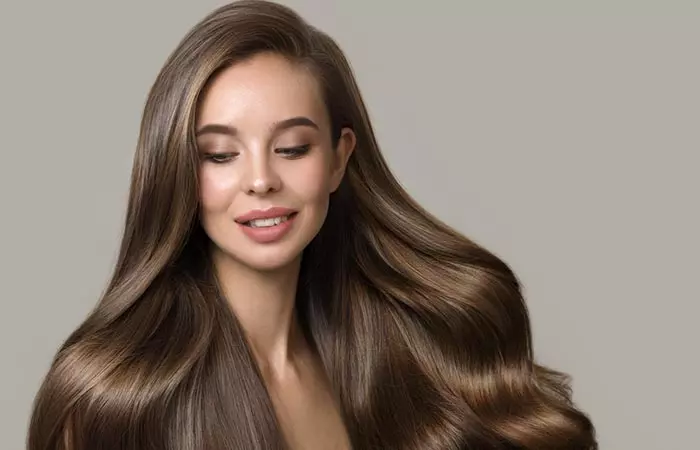
A tea rinse is a herbal rinse that can improve the hair’s appearance and feel. It is a blend of herbs and water that keeps the hair healthy. Here are a few reasons to use tea rinses for the hair (1):
- Herbal rinses are gentle and nourishing. They promote healthy hair and scalp.
- They soften the hair, improve shine and volume, and make it bouncy.
- Herbal rinses can deep cleanse the scalp, soothe irritation, and prevent dandruff. They may even stimulate hair growth.
- They improve hair elasticity, making it stronger, easier to manage, and less likely to break during styling.
- They can lighten, darken, or improve natural hair color.
 Quick Tip
Quick TipYou can try different natural ingredients to prepare a herbal tea infusion rinse. In the following section, we explain each ingredient and its benefits.
Key Takeaways
- A tea rinse may help deep cleanse the scalp, reducing the risk of dandruff and irritation. It may also help promote hair growth.
- A herbal rinse helps soften the hair, improve its natural hair color, and increase its shine and volume.
- A tea rinse can be made with nourishing ingredients like green or black tea, rosemary, chamomile, hibiscus, peppermint, lavender, and sage.
- However, you should avoid using tea rinses more than once a week, as they can dry out the hair.
Types And Benefits Of Tea Rinses For Hair
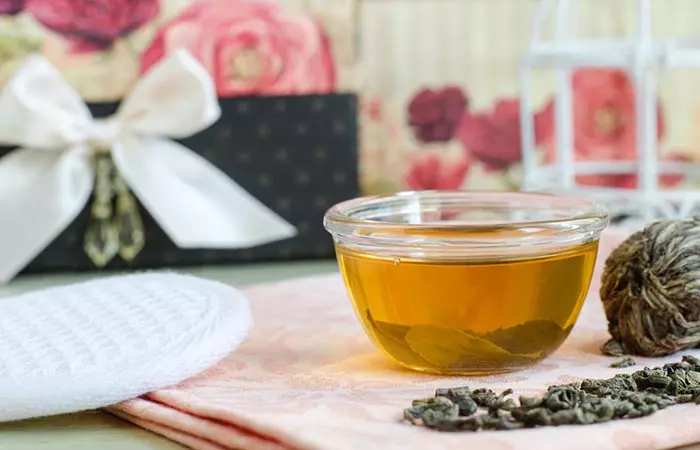
- Green Tea: It contains flavonoidsi Naturally occurring substances found in many fruits and vegetables that protect the cells from oxidative damage and prevent diseases. that can stimulate hair growth (2). Research found that green tea extract showed better results than minoxidil 2.5% in promoting hair growth (3).
- Black Tea: It contains tanninsi A class of water-soluble compounds found in plants that help separate protein from a solution to help remove contaminants. that can brighten hair color intensity (4). Black tea contains caffeine that can help prevent androgenic alopeciai Permanent, genetic hair loss condition that affects the top and crown of the head in both men and women. and hair loss (5).
- Rosemary: It is used in herbal tea blends and is known for its antifungal properties (6). Rosemary tea benefits for hair include solving conditions like baldness, dandruff, and thinning. This may help keep the scalp clean and healthy. It can also turn gray hair darker. Rosemary oil may also improve androgenic alopecia (7).
- Chamomile: It contains antioxidants and exhibits antimicrobial properties, making it ideal for topical use. Applying chamomile tea can reduce inflammation and soothe scalp irritation and conditions like eczemai A common chronic skin condition characterized by dry skin, irritation, inflammation, and red rashes. and dermatitisi An umbrella term for a variety of skin conditions involving itchy skin, dry skin, rashes, blisters, and crusts. (8). Research shows that chamomile can inhibit 5-alpha reductase and stimulate hair growth and prevent androgenic alopecia (9). Additionally, it can brighten lighter hair tones, giving it a soft, natural glow.
- Hibiscus: It may help stimulate hair growth. A mice study found hibiscus to induce hair growth (10). The leaves and flowers of the hibiscus plant are said to fight dandruff (11). They also improve the overall health and appearance of the hair.
- Peppermint: Peppermint oil is known to stimulate hair growth. It also has antimicrobial and antifungal properties (12). These properties may keep the scalp clean.
- Lavender: Lavender oil contains linalyl acetatei An organic compound found in many spice plants and flowers. It is widely used as a fragrance material. , linalooli A floral, colorless, and spicy terpene alcohol used as a fragrant ingredient. It is mainly found in citrus fruits. , and geranioli A terpene alcohol that occurs in the essential oils of aromatic plants used in hair styling gels, moisturizers, and conditioners. that help manage alopecia areata and promote hair growth (13).
- Nettle: Stinging nettle (Urtica dioica) leaves are traditionally used for treating hair loss (14). More research is needed to prove its hair benefits.
- Sage: Anecdotal evidence suggests that sage prevents premature graying.
Nkosazana, a blogger, recounted her experience with tea rinses in her blog. She noted, “I tried Senna leaves differently, after shampoo/co-wash, I’d throw the tea rinse on hair and put the deep conditioner over the tea to work together and then rinse out, my hair absolutely loves it! Hair is softer, hardly breaks and the shedding is quite low (i).”
You can use any of the herbs or a blend of several herbs to prepare a DIY tea rinse for your hair. Here are the instructions.
How To Wash Your Hair With A Tea Rinse
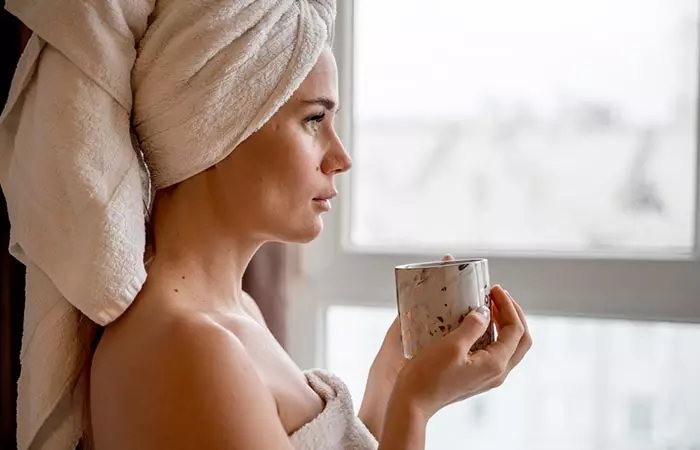
Prep Time
30-45 minutes
You Will Need
- 2 teaspoons of tea herbs
- 1 ½ cups of water
Note:
Adjust the quantity as per the hair length.
Procedure
- Steep the tea herbs in hot water for half an hour.
- Strain the tea and allow it to cool.
- Use the tea as a post-wash rinse.
How Often
Once every week
You can also use the tea rinse to prepare the scalp for a deep conditioning treatment. After shampooing, wash the scalp and hair with the tea rinse, put on a shower cap, and leave it on for 15-30 minutes. Follow up with a deep conditioning mask, conditioner, cream, or serum and leave it on for another half hour before rinsing off the hair with cool water.
 Quick Tip
Quick TipTea rinses are safe to use. However, they may have some side effects.
Side Effects Of Tea Rinses
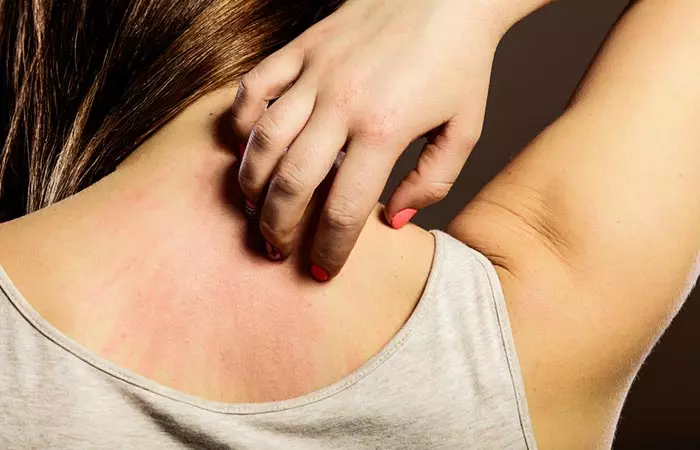
Using tea rinses too often can make the hair dry and brittle. Hence, use them not more than once a week. The herbs may also trigger allergic reactions and cause irritation, itching, hives, and inflammation. Ensure you do a patch test to prevent allergic reactions.
Of all the herbs mentioned in the above list, black tea contains the highest caffeine levels – a compound proven to promote hair growth. You can try a tea rinse made of black tea to promote hair growth. Let’s find out how it works.
Black Tea To Reduce Hair Shedding
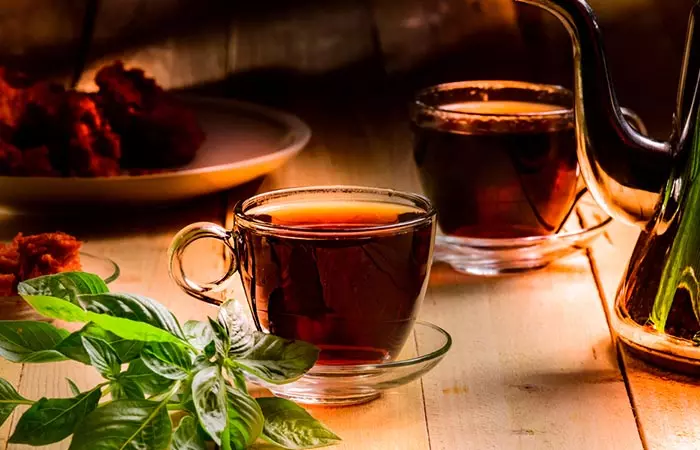
Black tea contains caffeine (5). A study found caffeine to stimulate hair growth by increasing the anagen phase (growth phase) (15). Another reason for hair shedding can be scalp inflammation and itching, and caffeine can help calm an itchy scalp.
Stress is one of the most common factors contributing to hair loss. Black tea is also known to relieve stress, preventing hair shedding (16). You may apply a homemade hair rinse made of black tea or consume the tea to manage hair fall. You may either wash it off or leave it on your hair.
Can You Leave A Tea Rinse On Your Hair?
Yes. You can leave the tea rinse on the hair. Tea rinses can unclog pores, cleanse the scalp, and nourish the hair follicles. Anecdotal evidence suggests that massaging the scalp after using the tea rinse can clear the pores and remove dirt and other impurities. Massaging may also stimulate blood flow and induce hair growth.
Infographic: Hibiscus Tea Rinse For Hair
People with dry or dull hair can try tea rinses like hibiscus tea for hair growth and health. Hibiscus is known for its hair growth stimulating properties and ability to fight against dandruff. It is easy to prepare this herbal tea rinse at home with two ingredients. Click on the infographic below to learn more about the hibiscus tea rinse treatment for hair and how to use it. Illustration: StyleCraze Design Team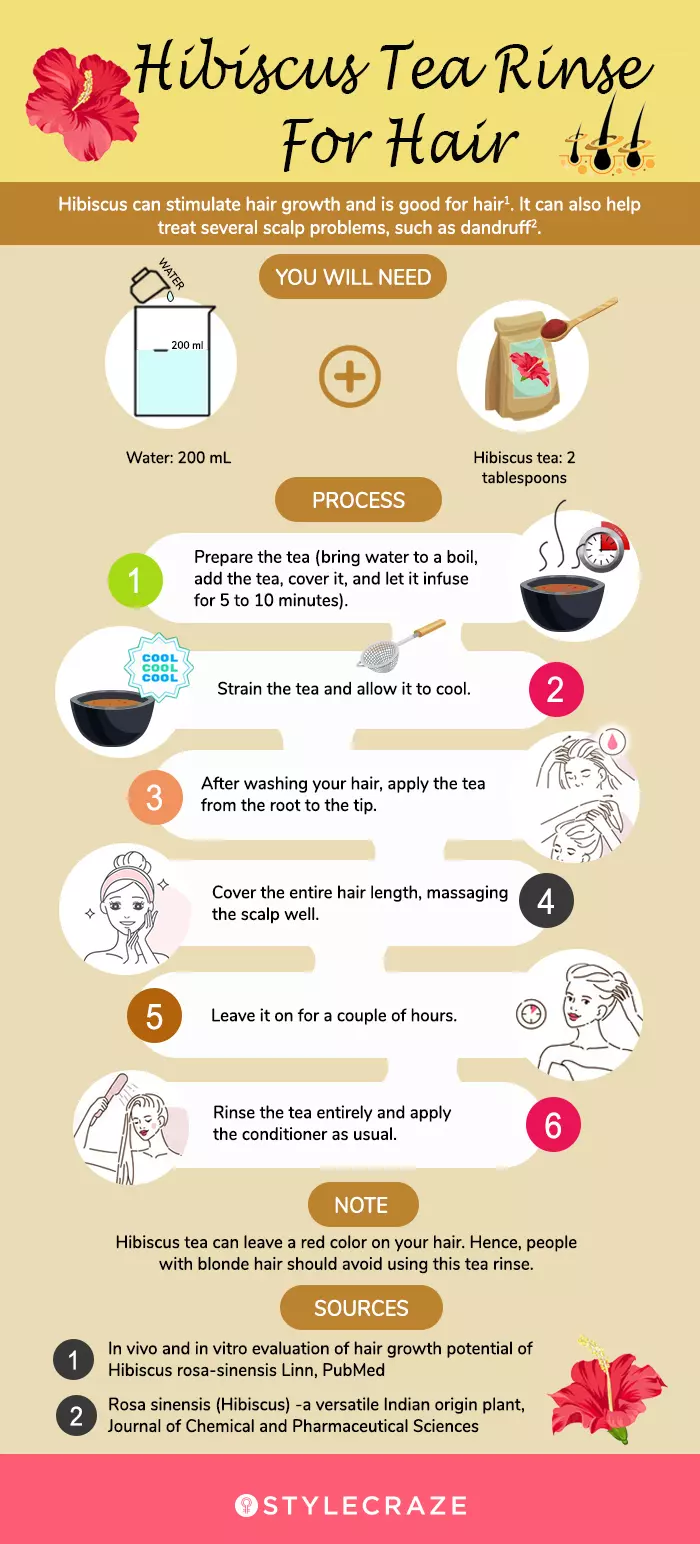
Tea rinses can help decongest pores, cleanse the scalp, and nurture the hair follicles. These home remedies are one of the easy and quick ways to care for your hair. To make the rinse, you can use a single herb or a combination of herbs. Herbal hair rinses also make use of tea leaves for the many benefits they provide. Tea rinses should not be used too frequently because they might cause hair to become dry and brittle. In addition, allergies, itching, rashes, and inflammation are all possible side effects of the herbs. To avoid allergic reactions, make sure you do a patch test.
Frequently Asked Questions
What does tea rinse do for natural hair?
A tea rinse (depending on the tea you use) fights dandruff and enhances curls. It also soothes an itchy or irritated scalp. It adds shine to natural hair and helps manage product residue and buildup.
Can I use a tea rinse instead of shampoo?
A tea rinse can reduce itching and shedding, prevent dandruff, increase hair shine, and promote hair growth. But, if you use a lot of hair products, it might not be as effective as a shampoo in removing product residue and buildup.
Are non-caffeinated teas good for hair rinses?
Yes. Non-caffeinated teas can soothe inflammation, reduce frizz and dryness, and improve scalp health.
References
Articles on StyleCraze are backed by verified information from peer-reviewed and academic research papers, reputed organizations, research institutions, and medical associations to ensure accuracy and relevance. Read our editorial policy to learn more.
- Hair is an accoutrement, hair is jewelry, it’s an accessory- Realize “The killing effects of shampoo”
https://www.plantsjournal.com/archives/2017/vol5issue2/PartD/5-2-29-448.pdf - Hair Growth Promoting Activity of Green Tea Leaves (Camellia sinensis l.) Ethanolic Extract
https://www.researchgate.net/publication/336234823_Hair_Growth_Promoting_Activity_of_Green_Tea_Leaves_Camellia_sinensis_l_Ethanolic_Extract - Green Tea (Camellia Sinensis, L.) Ethanolic Extract As Hair Tonic In Nutraceutical: Physical Stability, Hair Growth Activity On Rats, And Safety Test
https://www.semanticscholar.org/paper/GREEN-TEA-(CAMELLIA-SINENSIS%2C-L.)-ETHANOLIC-EXTRACT-Amin-Simamora/9218b8e4361f1ede0342ab63d97cded927ea6343 - Development and evaluation of herbal hair dye formulation
https://www.phytojournal.com/archives/2019/vol8issue2/PartV/8-2-377-922.pdf - Caffeine and Its Pharmacological Benefits in the Management of Androgenetic Alopecia: A Review
https://www.karger.com/Article/Fulltext/508228 - Antifungal effects of the aqueous and ethanolic leaf extracts of Echinophora platyloba and Rosmarinus officinalis https://www.ncbi.nlm.nih.gov/pmc/articles/PMC5490295/
- Rosemary oil vs minoxidil 2% for the treatment of androgenetic alopecia: a randomized comparative trial
https://pubmed.ncbi.nlm.nih.gov/25842469/ - Introduction to Chamomile
http://abc.herbalgram.org/site/DocServer/CRCPRESSChamomile-Section_1.5978-1-4665-7759-6.pdf?docID=6362 - Clinical trial and in vitro study investigating topical application of Zataria multiflora Boiss. and Matricaria chamomilla extracts for androgenetic alopecia
https://www.tandfonline.com/doi/full/10.1080/2331205X.2017.1421405 - In vivo and in vitro evaluation of hair growth potential of Hibiscus rosa-sinensis Linn
https://pubmed.ncbi.nlm.nih.gov/12963149/ - Rosa sinensis (Hibiscus) -a versatile Indian origin plant
https://www.jchps.com/issues/Volume%208_Issue%204/jchps%208(4)%2070%20Diana%20Pearline.pdf - Peppermint Oil Promotes Hair Growth without Toxic Signs
https://www.ncbi.nlm.nih.gov/pmc/articles/PMC4289931/ - Hair Growth-Promoting Effects of Lavender Oil in C57BL/6 Mice
https://www.ncbi.nlm.nih.gov/pmc/articles/PMC4843973/ - Proprietary Herbal Extract Downregulates the Gene Expression of IL-1α in HaCaT Cells: Possible Implications Against Nonscarring Alopecia
https://www.ncbi.nlm.nih.gov/pmc/articles/PMC6126931/ - An Open-Label Randomized Multicenter Study Assessing the Noninferiority of a Caffeine-Based Topical Liquid 0.2% versus Minoxidil 5% Solution in Male Androgenetic Alopecia
https://www.ncbi.nlm.nih.gov/pmc/articles/PMC5804833/ - The effects of tea on psychophysiological stress responsivity and post-stress recovery: a randomised double-blind trial
https://pubmed.ncbi.nlm.nih.gov/17013636/
Read full bio of Dr. Shruti Chavan
Read full bio of Anjali Sayee
Read full bio of Eshna Das
Read full bio of Krati Darak






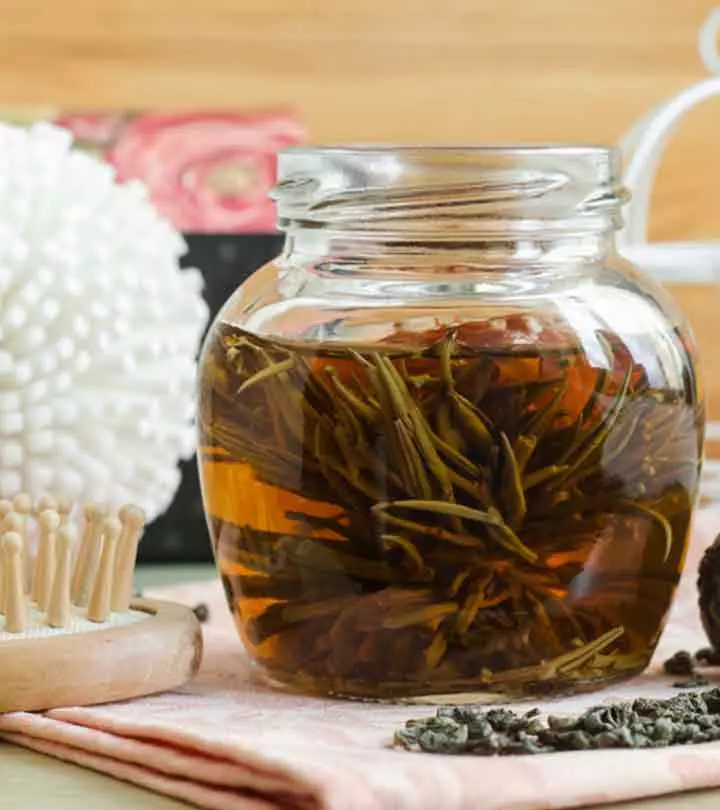
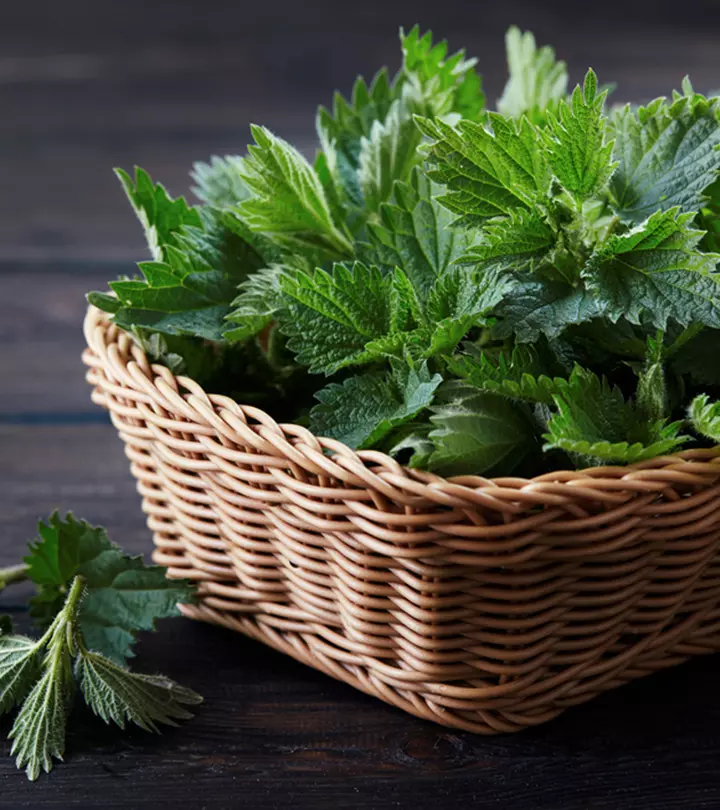
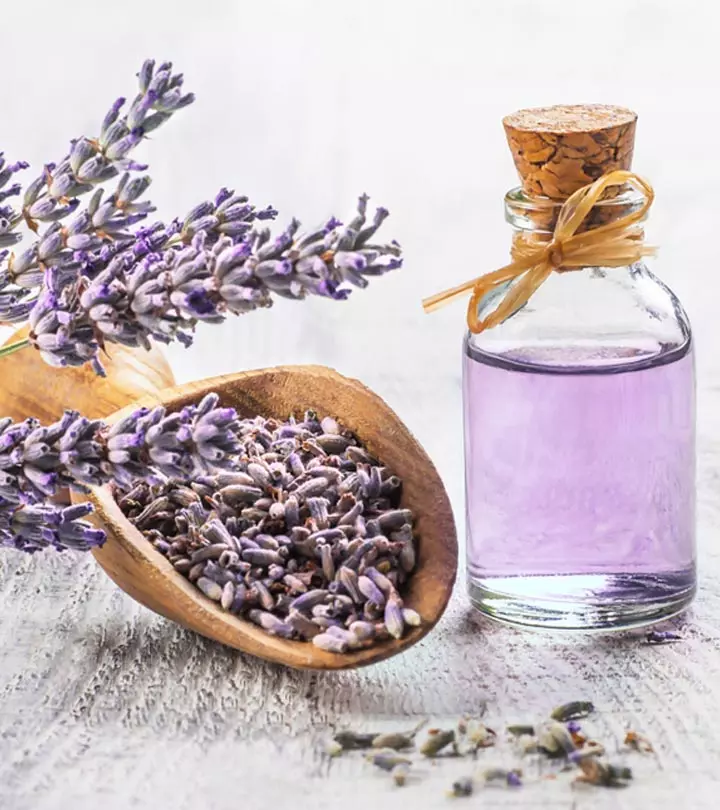
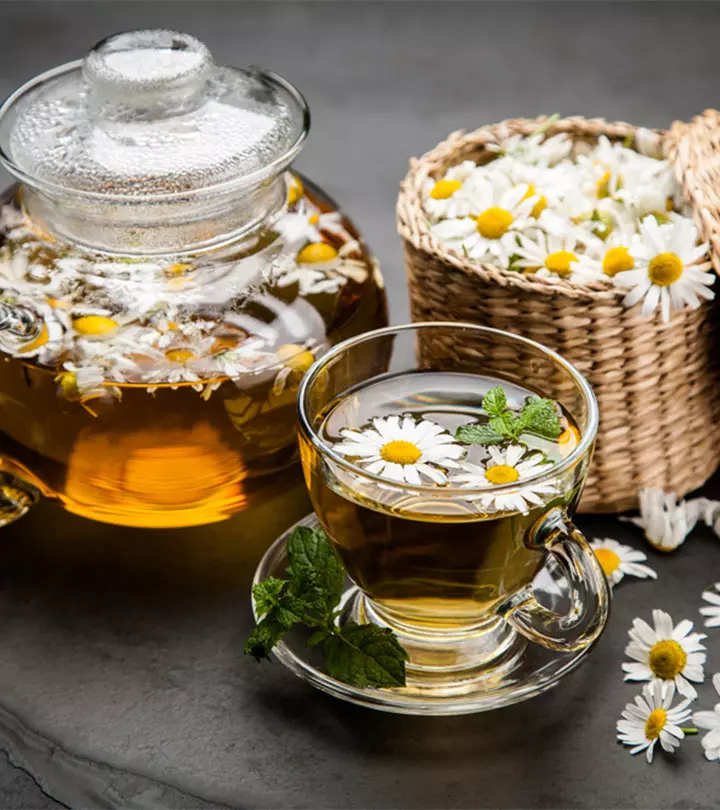
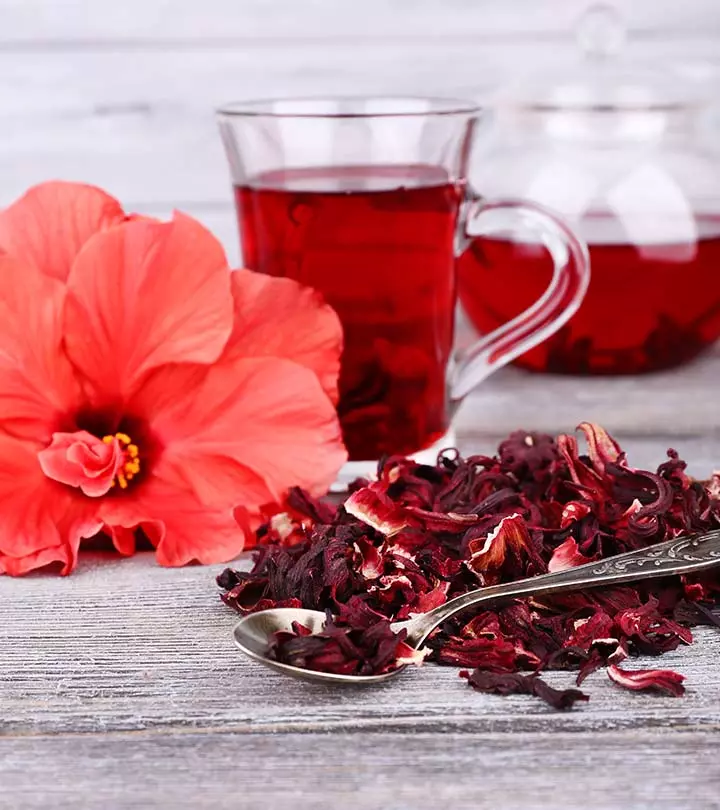
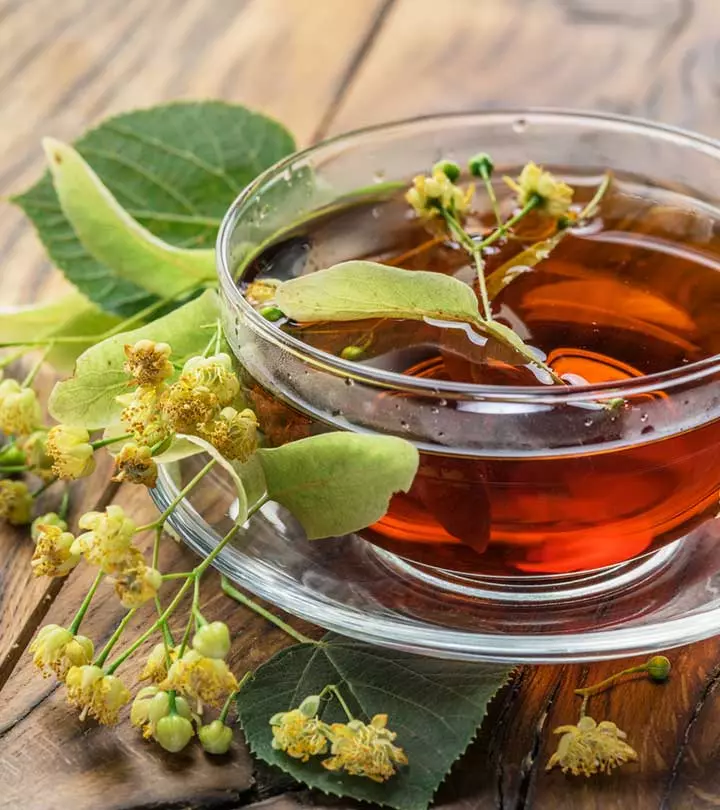
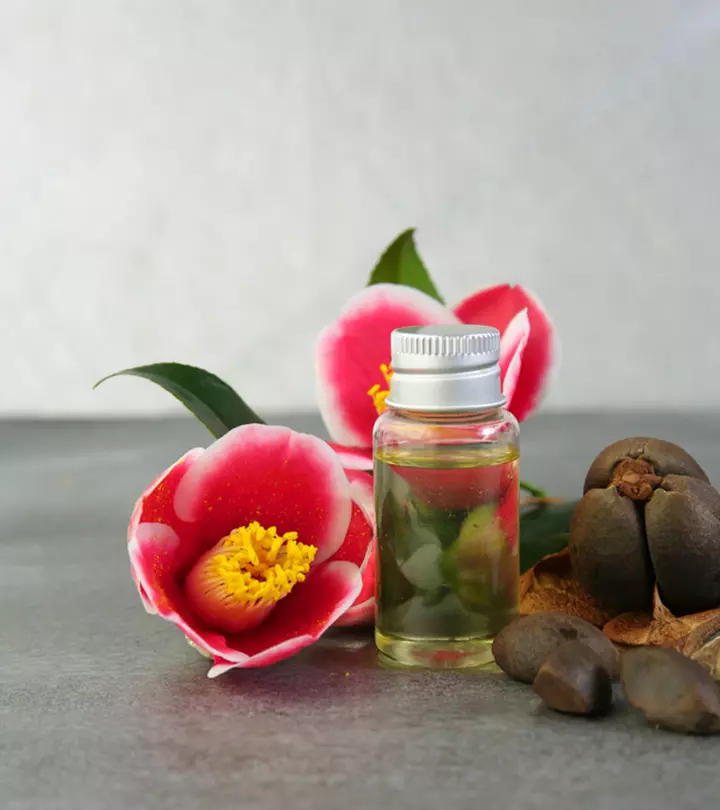
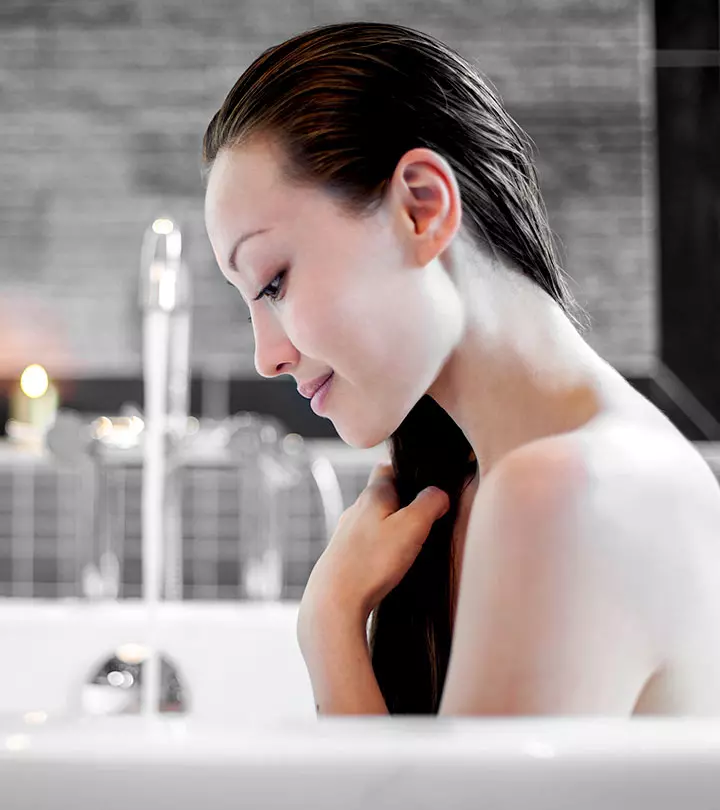
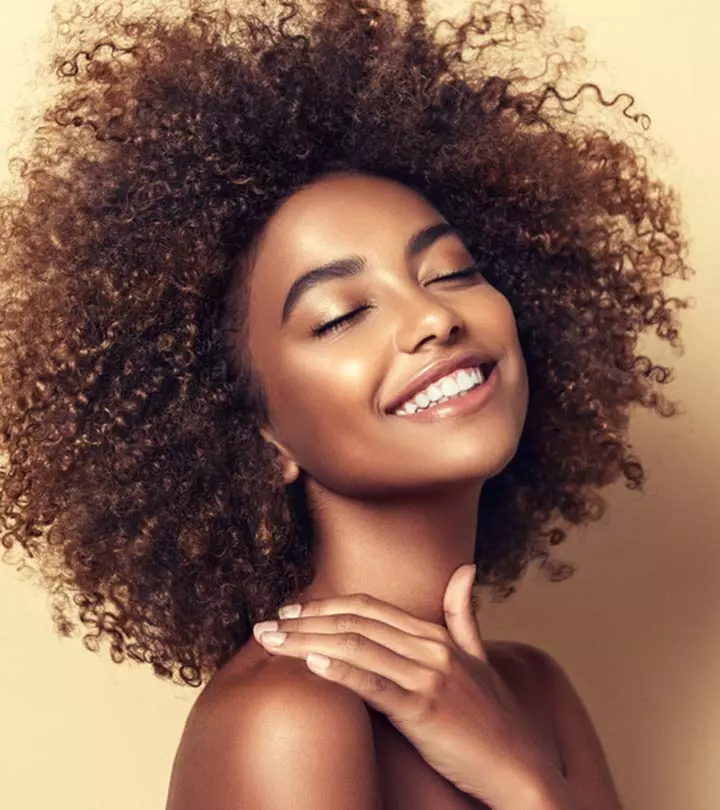
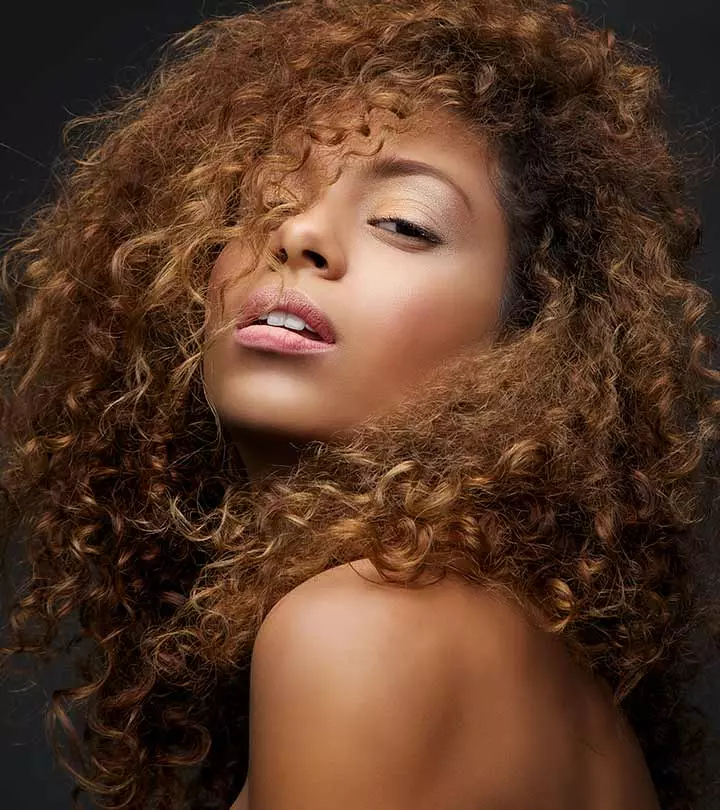

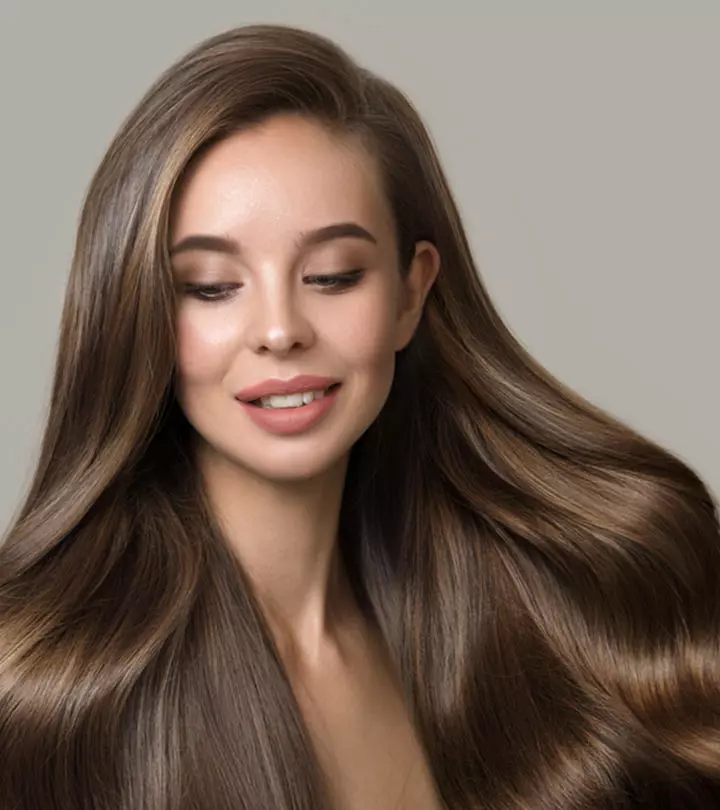
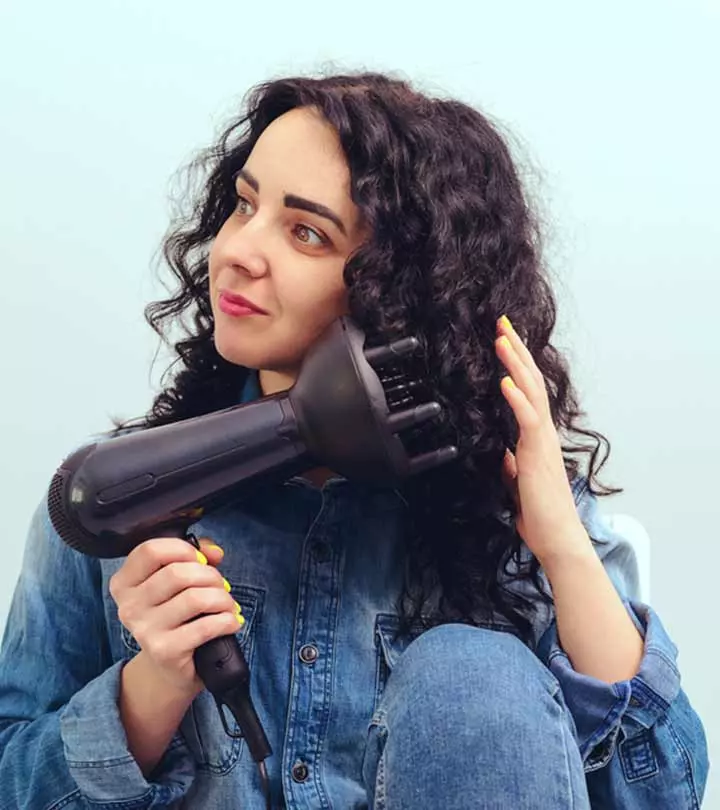
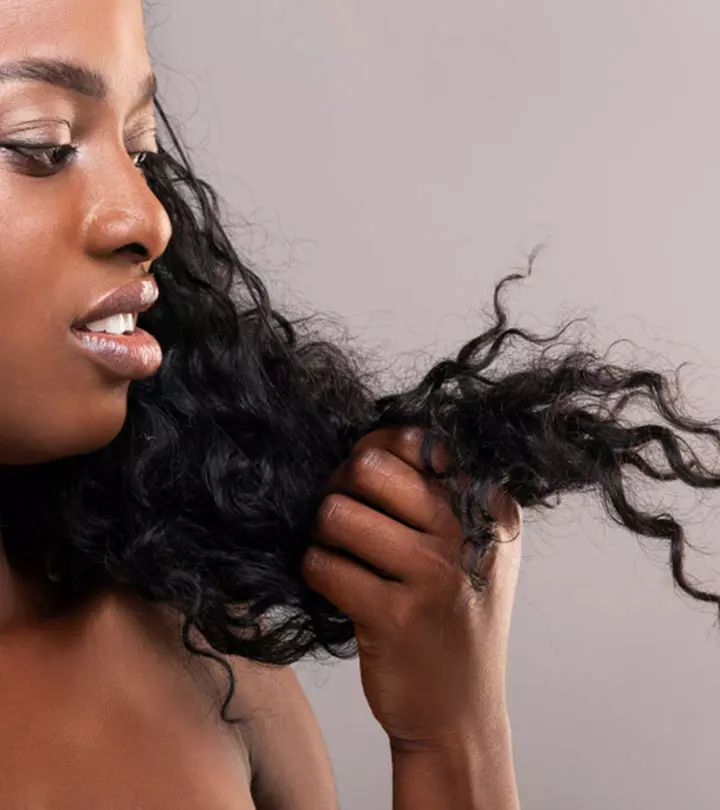
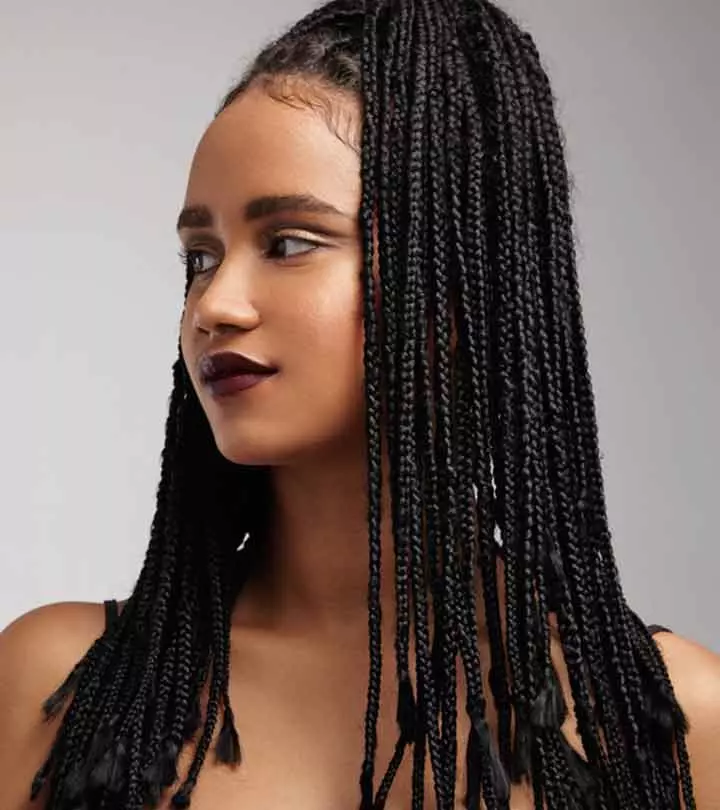
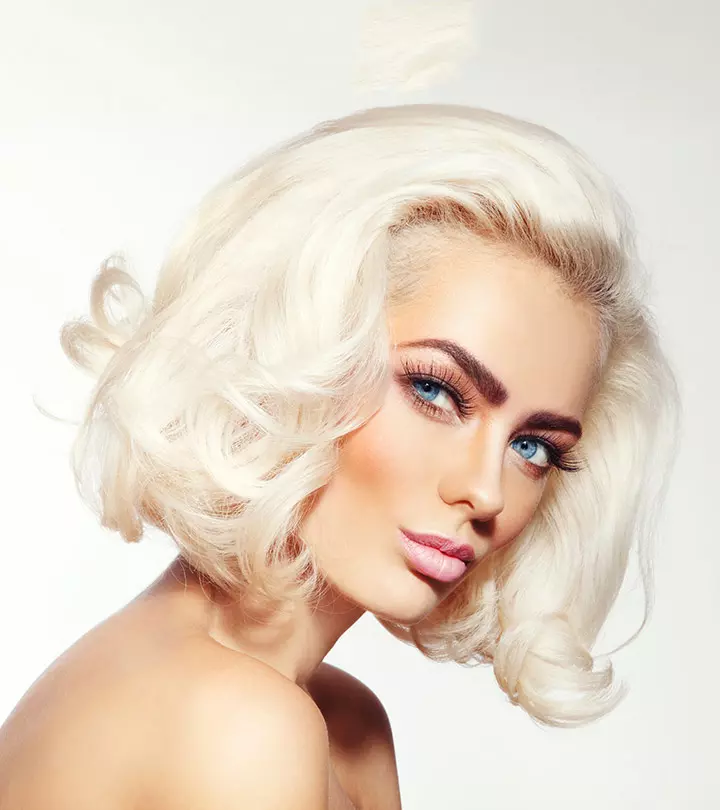
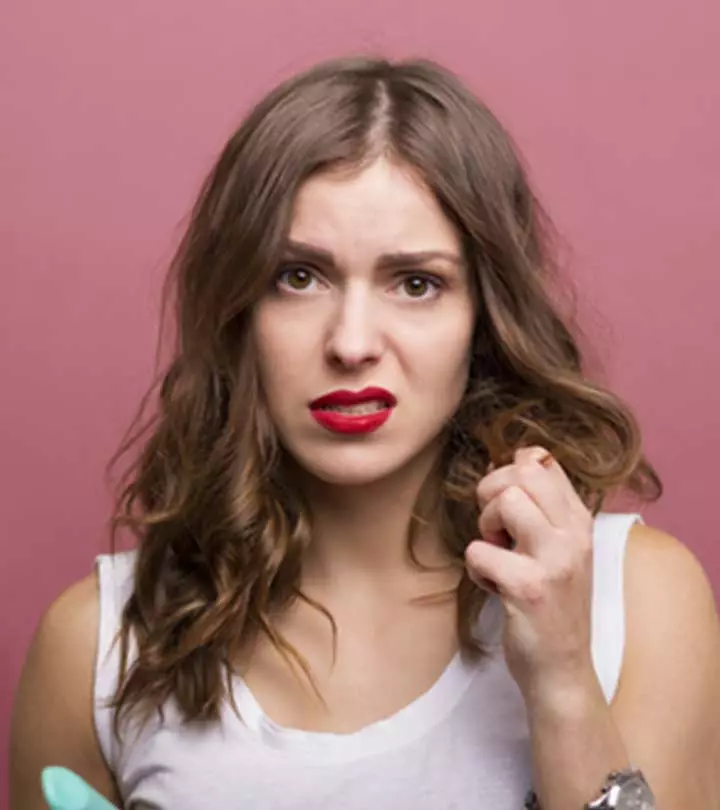
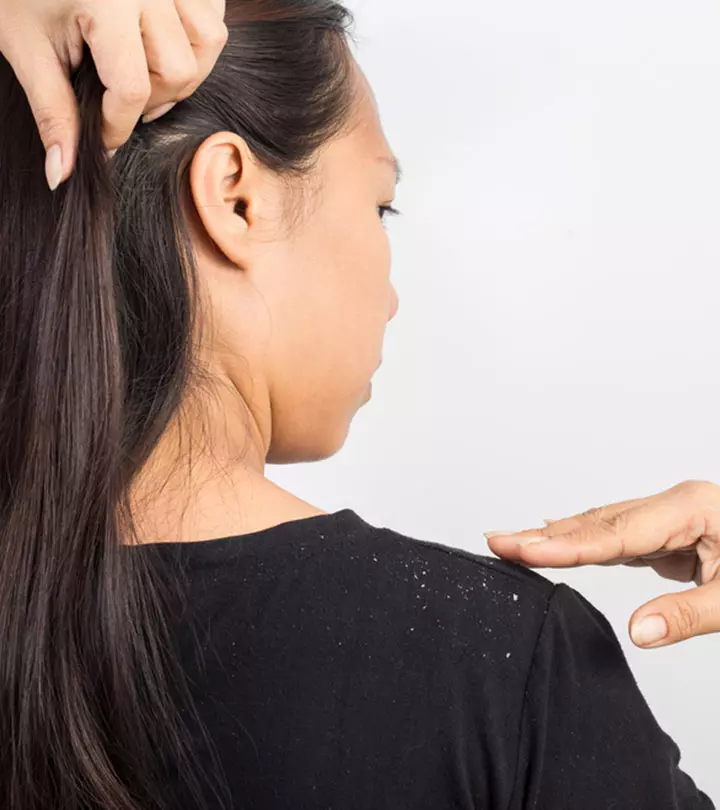
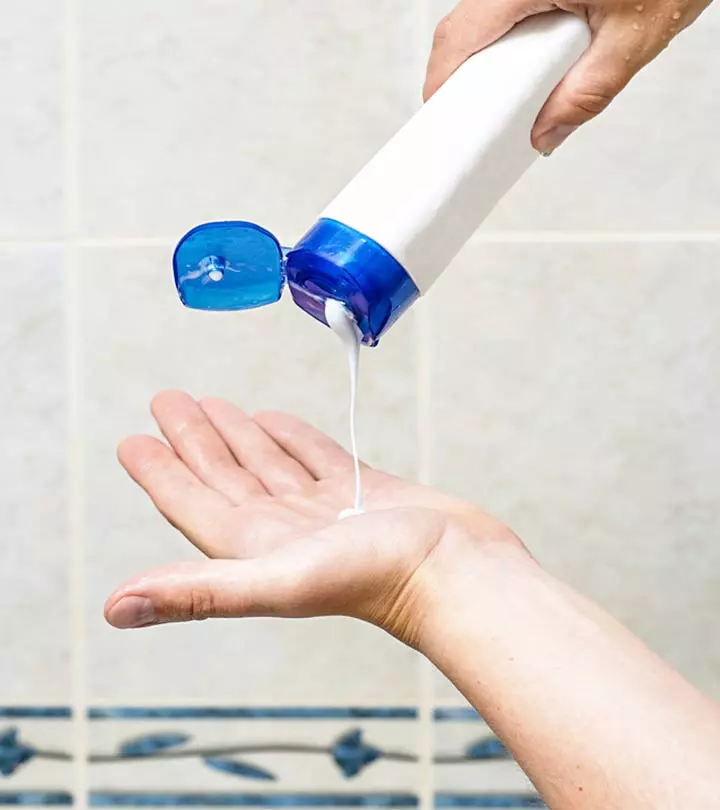
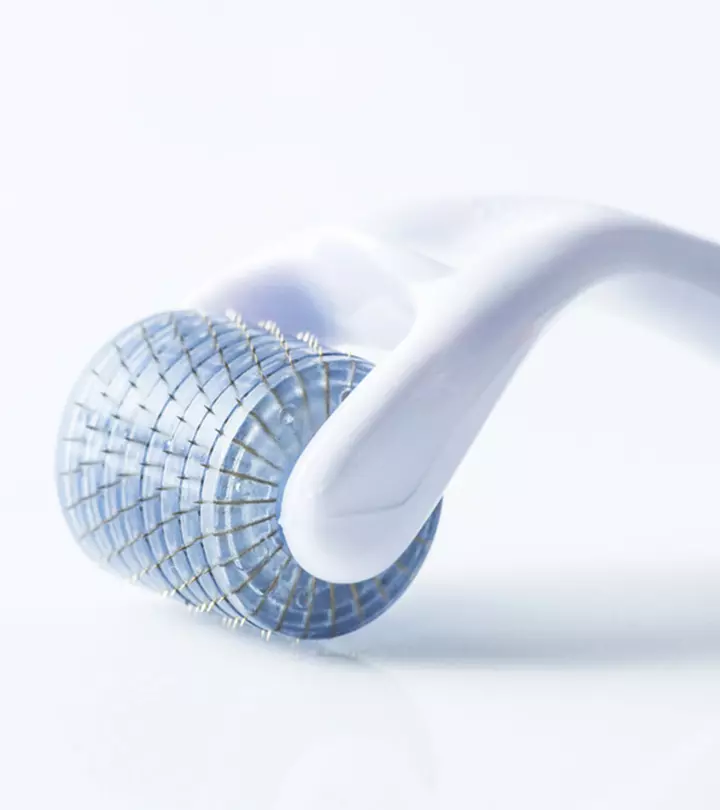
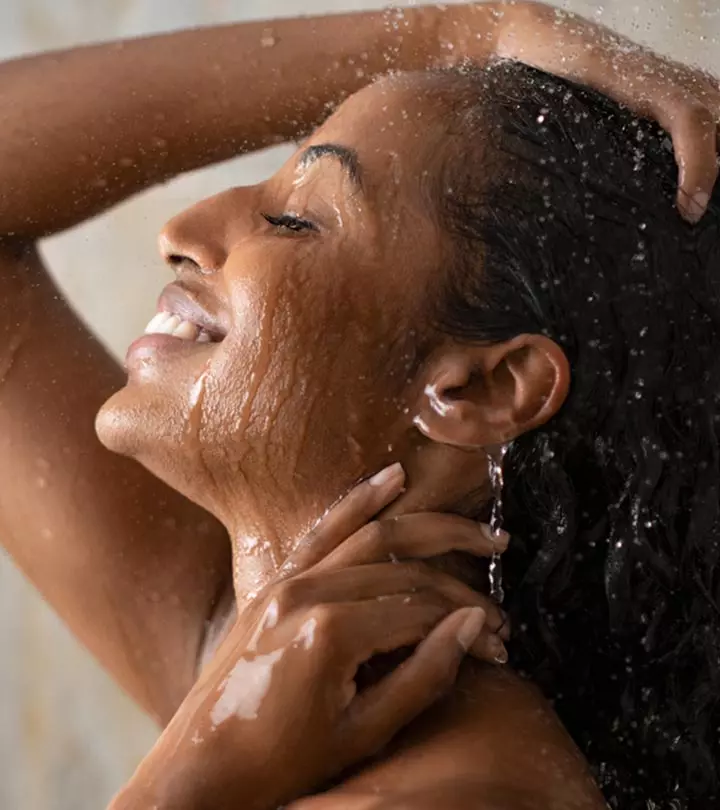
Community Experiences
Join the conversation and become a part of our empowering community! Share your stories, experiences, and insights to connect with other beauty, lifestyle, and health enthusiasts.